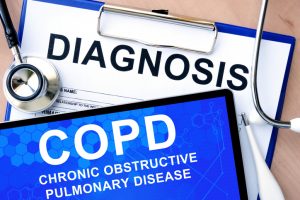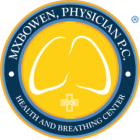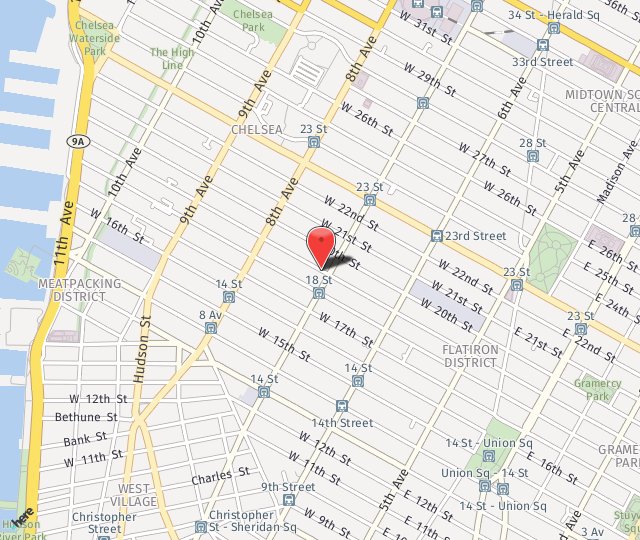
What is COPD?
COPD refers to a respiratory disease that causes airflow problems in your lungs. Treating this condition can help you live more comfortably while also lowering your risk of developing serious health issues.
What Are the Causes of COPD?
You can develop COPD when airflow in your lungs becomes obstructed. This can occur due to changes that affect your air sacs and bronchial tubes. With COPD, these structures in your respiratory system become less elastic and cause some air to stay in your lungs while exhaling. Emphysema and chronic bronchitis are two conditions that play a role in the development of COPD.
What Are the Risk Factors of COPD?
Certain risk factors increase your chance of having COPD:
- Being exposed to cigarette smoke or other tobacco smoke on a long-term basis
- Having asthma and smoking
- Being exposed to chemicals and dust over a long period of time in your workplace
- Having a genetic factor that puts you at a higher risk of COPD
How is COPD Screened?
Tests for COPD include pulmonary function tests to check your lung function, as well as x-rays and other lab tests if needed. Pulmonary function tests can detect COPD in its early stages before symptoms appear. This test measures the amount of air your lungs are able to hold and the length of time it takes for you to get this air out of your lungs.
What Are the Symptoms of COPD?
COPD can cause you to have trouble breathing at times, especially when you exercise. Keep in mind that symptoms usually don’t show up until you have had some damage to your lungs. Other symptoms that can occur with COPD include the following:
- Tightness in your chest
- Chronic cough with or without mucus
- Wheezing
- Respiratory infections that occur often
- Low energy levels
What Are the Complications of COPD?
When you have COPD, you have a higher risk of having respiratory infections that lead to additional lung damage. Other complications that can occur include heart problems, high blood pressure in your lungs and lung cancer.
What Are the Treatment Options for COPD?
Treatment options for COPD include quitting smoking and taking medications that manage your symptoms, such as bronchodilators or inhaled steroids. Oxygen therapy and other types of lung therapies can also help.
Can COPD Be Prevented?
You can prevent COPD by giving up smoking if you are a smoker. If you are at risk of COPD due to your job, you should look into getting respiratory protective equipment from your employer to protect your lungs.
When to See a Doctor for COPD?
You should see your doctor if you have any symptoms of COPD or if you are a smoker and at risk of having this condition. Your doctor can screen for this disease and discuss treatment options with you if needed.
If you have symptoms of COPD and need a screening, contact MXBowen, Physician P.C. for an appointment. Dr. Bowen can diagnose and provide treatment options for COPD.












